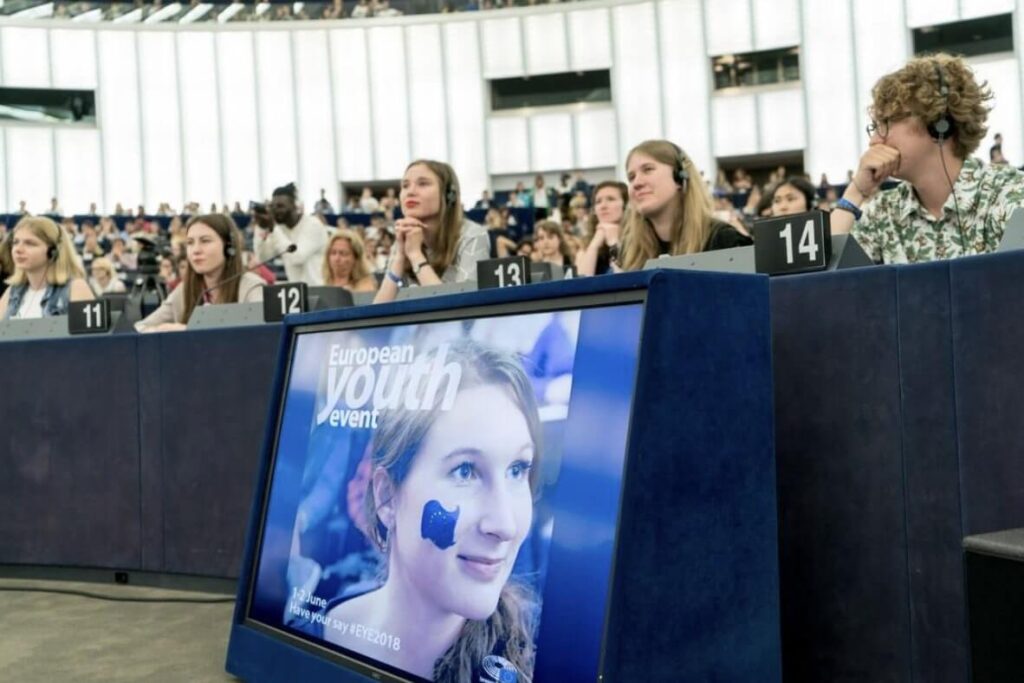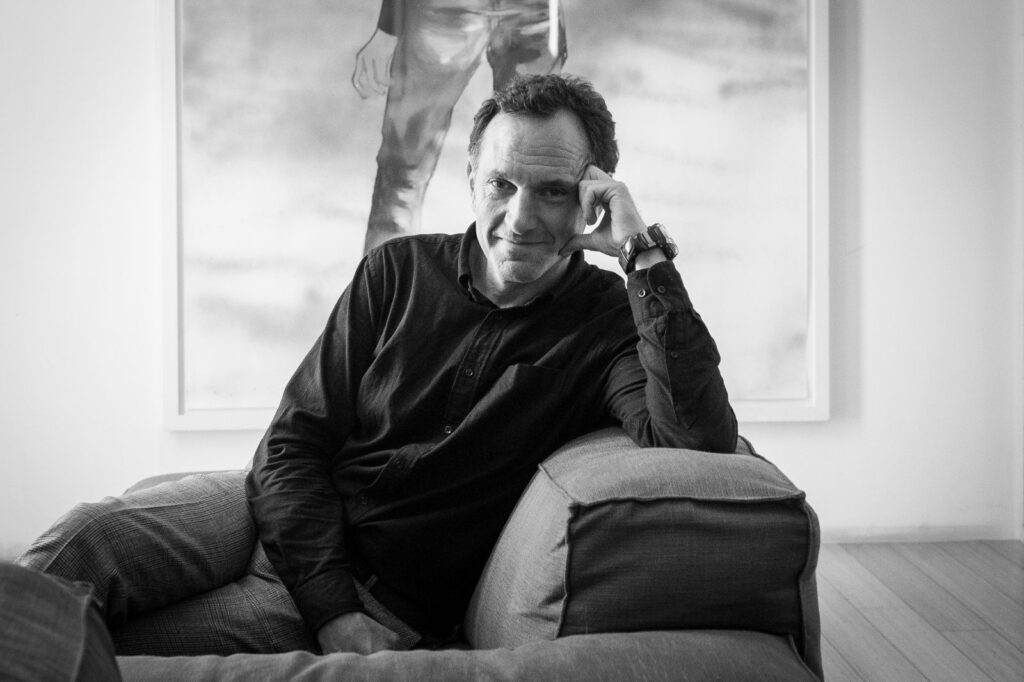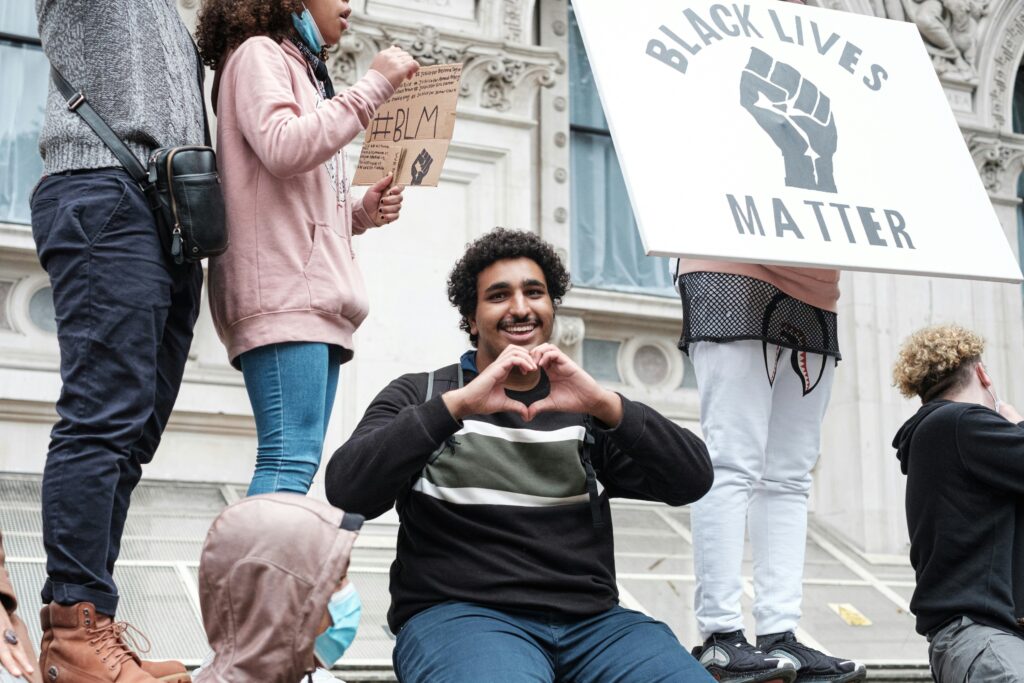By Stephen Boucher and Hélène Landemore, respectively author*, professor at the Solvay Brussels School and professor at Yale.
Citizens must be involved in the major choices facing society. But not just any consultation can foster collective intelligence.
“Let us no longer fear the people“, declared Emmanuel Macron at the Sorbonne at the end of September. In Belgium, at the same time, the Parliament of the Wallonia-Brussels Federation was organising a “Citizens’ Parliament” to discuss Europe. And the Brussels Parliament is currently reflecting on “thinking and building the citizen’s city“. So will we finally be able to stop governing “away from [the people]“, as Macron aims to do? The desire is there, but it is being held back by the distrust we all have of collective intelligence.
Democracy is a gamble. Didn’t Winston Churchill once say, “the best argument against democracy is a 5-minute conversation with the average voter“? Are citizens, whom some consider irrational, apathetic and ill-informed, up to the responsibility entrusted to them? And, frankly, aren’t some of them just too ignorant to be asked their opinion?
We’re all asking ourselves the same question. A third of French voters have come to believe that “other political systems can be as good as democracy”, or that a technocratic regime, or even authoritarian government, would be preferable. Twelve years after the rejection of the Constitutional Treaty by the French and the Dutch, and one year after the Brexit referendum, many have concluded that citizens should no longer be involved in the major choices facing society. We maintain that it is possible, but not every consultation fulfils the conditions necessary for the emergence of collective intelligence.
Because, and this will come as a surprise to many, democracy is the political system that is best placed to foster the emergence of collective intelligence. The latest studies in political science, psychology and cognitive science emphasise that it is born of the cognitive diversity between members of a group. Cognitive diversity means that, when faced with a given problem, each member brings a different understanding, experience, analysis of cause and effect and ability to solve it. The likelihood of a group making the right decision is greatly increased by this cognitive diversity. History is ample proof that a group can make mistakes, but in the long run it’s better to have a large group of people who are as diverse as possible at the helm than a small group of intelligent people who think the same way.
Let’s consult, and let’s consult well
The methods that can bring out this collective intelligence must therefore provide the means for this diversity. We propose, for example, that a central institution of a consultation on Europe should be a “mini-public” of several hundred European citizens invited over several days, or even several months, to deliberate and make recommendations on subjects of their choice.
This mini-public could take the form of a deliberative poll or a citizens’ assembly, formats that have proved their effectiveness. An essential criterion will be the representativeness of the sample consulted. It is not enough to bring together “citizens”. The cognitive diversity of the group chosen must be at least as great as that of the citizens they represent. Only a random sample, representative of the population, will make this possible.
This mini-public should be linked to online and offline crowdsourcing platforms enabling any citizen to take part in at least part of the debates in order to strengthen the legitimacy of the mini-public and its ability to diagnose problems and offer solutions.
Taking consultation results into account
Finally, the public authorities must make a credible commitment to take on board the conclusions and recommendations put forward by the consultation. This is what was lacking to make the G1000 a truly transformative initiative, despite the quality of the debates. This does not mean relinquishing power. For an effective European consultation, for example, this commitment could be the promise to organise debates in the national parliaments, or even a referendum on at least some of the guidelines. Otherwise, people will not mobilise.
It will be objected that all this is expensive and too complex. Yes, real deliberation requires trained moderators, interpreters and balanced preparatory material, and crowdsourcing requires good use of modern technology. But what seems complicated has already been implemented in many situations.
The alternative – citizens’ meetings at which only the most convinced take part, according to more or less rigorous debate protocols – certainly has a lower direct cost, but offers little more than a “5-minute conversation with an average voter”. As long as we do not make a real commitment to collective intelligence, we will pay a different price.
Originally published in L’Echo.
* “Petit manuel de créativité politique – Comment libérer l’audace collective”, Le Félin, 2017.




